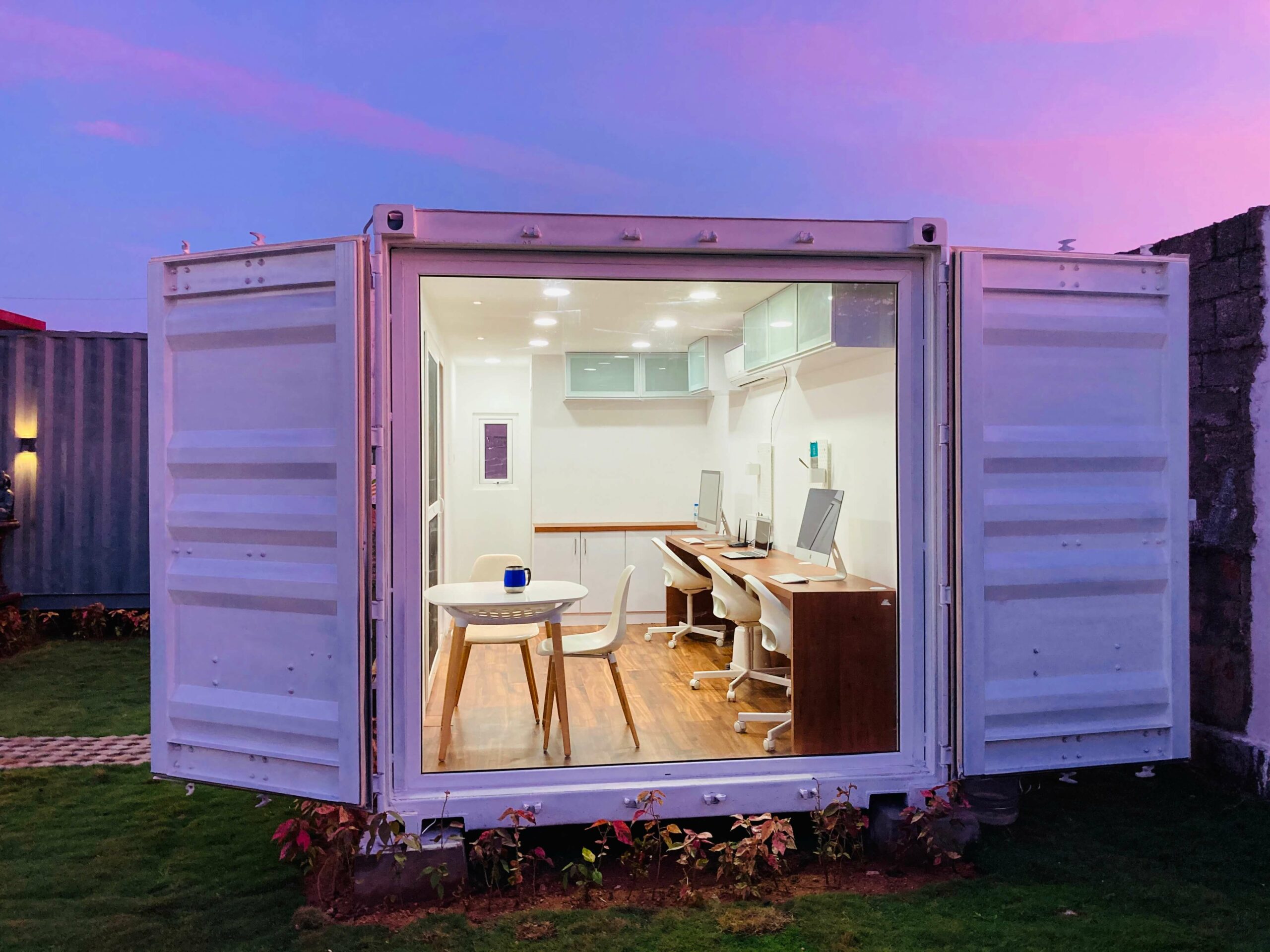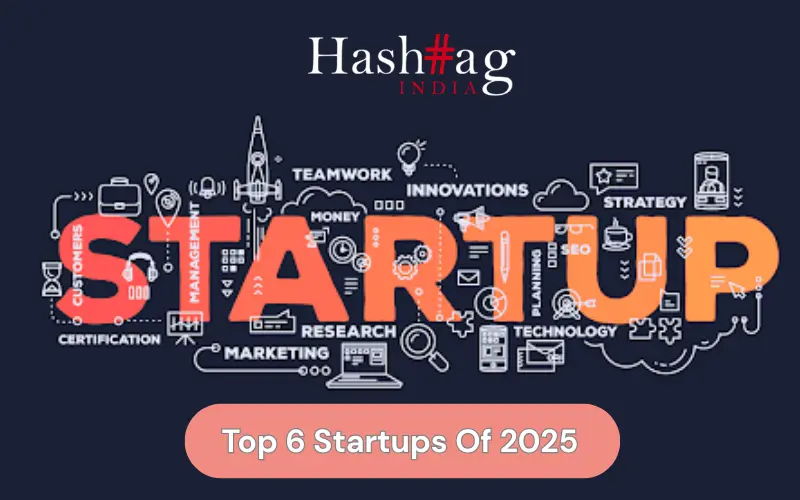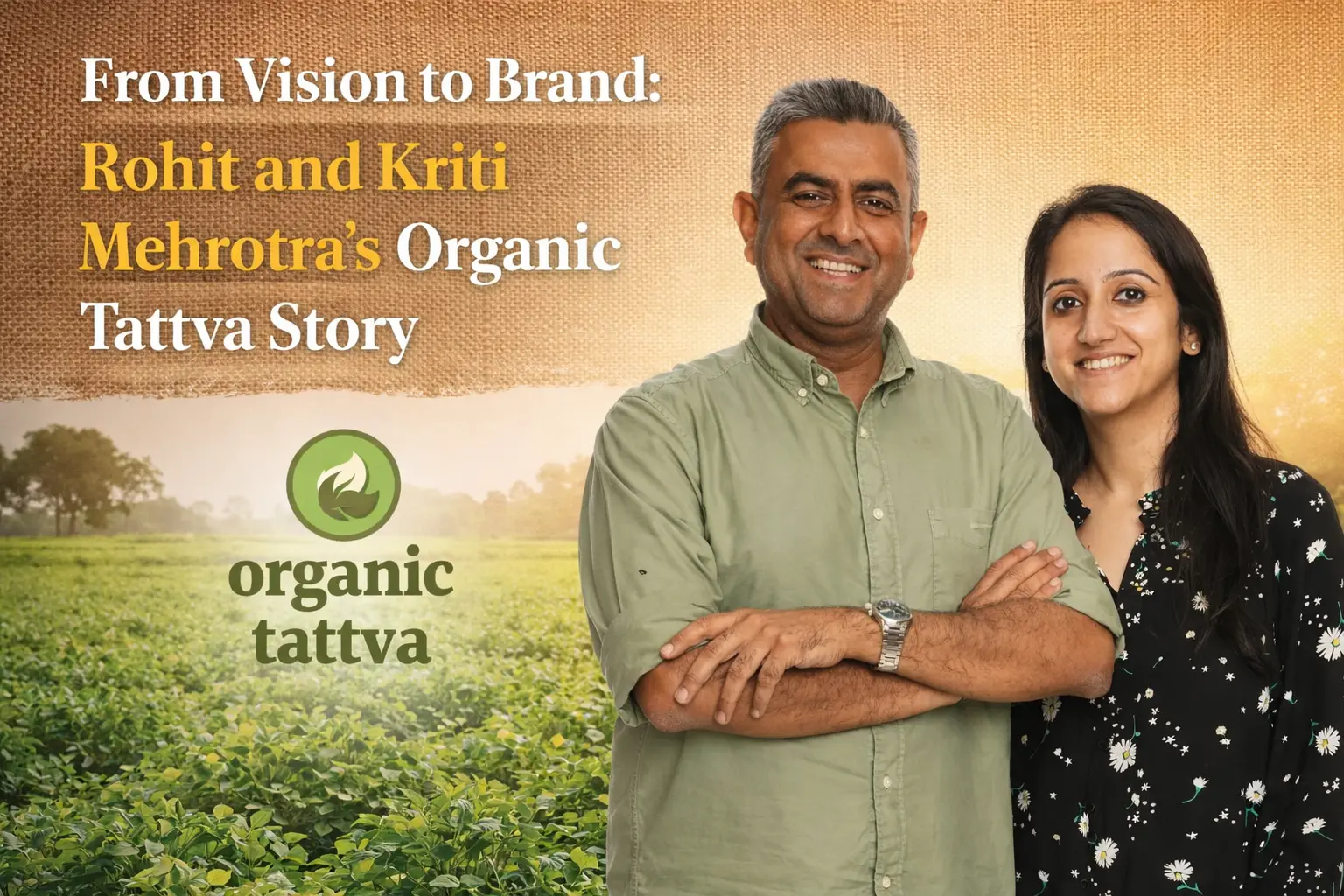MALLIK THATIPALLI talks to the founders of OUT OF THE BOX, a rising start-up providing eco-friendly and modular solutions for working and residential spaces.
Like any good idea, Out of the Box was drafted on a napkin over a few daytime pints! While the business model around it has taken a variety of turns, the core of it remains the same – a recycled shipping container turned into a home.
Co-founder Krishna Chaitanya says that the idea was conceived in the middle of the pandemic. He adds, “It was during the pandemic that people understood that they could work from anywhere comfortably, and preferably in the outdoors. We all went through the same unfortunate cycle – happiness, unhappiness, and excitement during COVID-19, which triggered the thought of building something unconventional, yet sustainable, minimal, outdoorsy, beautiful, warm, and cosy.”
Chaitanya combined his experience with the expertise that Sumanth Sai, an alumnus of IIIT-Hyderabad brought with him and, thus Out of the Box took shape.
Whether it’s on a mountainside or in the middle of 100 acres, they bring visionary homes and offices to life. As the business gained attention, customers also desired container homes that were larger than a traditional tiny home. The basic models become a launchpad for many different uses for the homes – from elaborate vacation homes to guest houses.
Sustainability at its core
The founders share that their mantra for work is modern, sustainable, and modular. Sumanth
shares that sustainability is a simple word, but a complex concept. He asks, “If we do not make the change who will?” and elucidates, “This thought, and inspiration led us to think about eco-friendly living and leading a sustainable lifestyle. As we already had a background in construction, engineering, and technology, we started exploring the various ways in which we could simplify and balance urban living and globalization.”
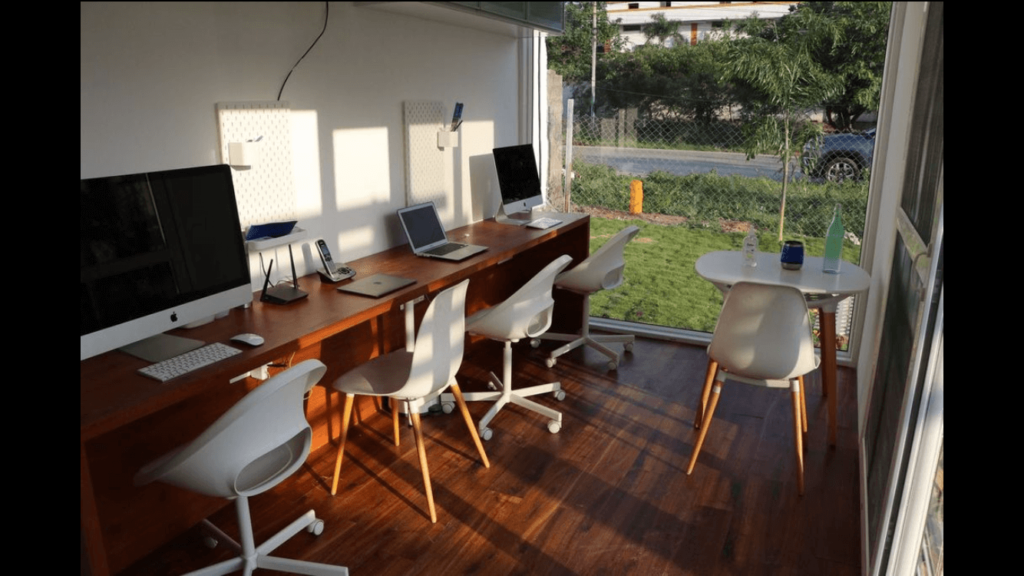
The duo builds container home and office structures, providing eco-friendly and modular solutions for their customers which are environment friendly, economically viable and impact society. They create designs that are not only aesthetically pleasing but also environmentally effective. Another highlight is the use of recycled material and eco-friendly construction thereby encourage sustainable living. Out of the Box offers cost-effective solutions with prefabricated structures that are smart, simple, quick to deploy and green.
“Initially when we thought about the idea of unconventional structures, we looked at the market and saw a big opportunity, where very few people are working in this area with almost no player catering to the premium segment. We believe in the user experience, and we are very certain of our capability to deliver what our customers expect out of our work,” states Krishna.
The Process
Out of the Box uses a form of adaptive reuse called upcycling which extends the lifecycle of already-manufactured objects. They mainly use engineered steel frames and corten steel (container) siding that is precisely finished with high-end materials and highly efficient systems.
Upcycling expands the potential of existing systems, exploring the futures of legacy platforms. Krishna further adds, “We insulate the insides of the container, do the strip panelling with German grade wood, panelling with cement board. The plumbing and electricals are all concealed as per its standards. Two coats of weatherproof painting are done to enhance the interior beauty.”
Challenges Involved
The main challenge for Out of the Box is that there is no set of building codes for building a prefabricated home or office which has limited the use of prefabs for farmhouses or layout offices. Apart from that, there are quite a few challenges like limited local talent – workforce such as electricians, plumbers, painters are from the unorganized sector.
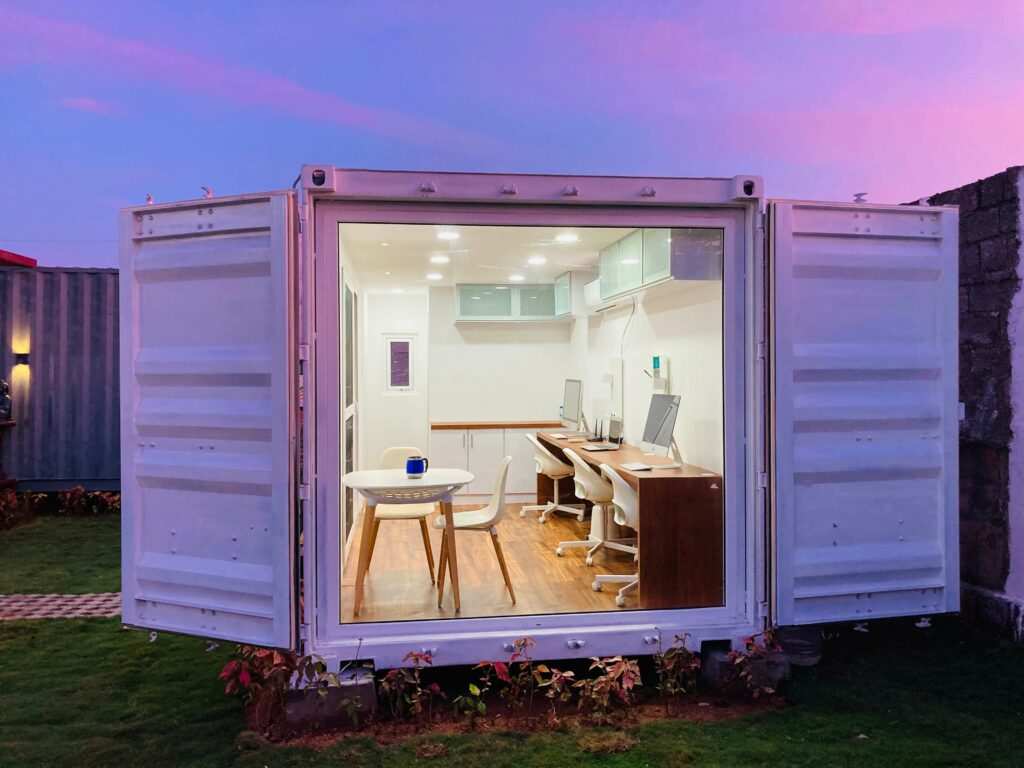
Sumanth adds, “Since the projects we take up are very niche, the procurement of materials is a difficult task and likewise is the execution of the deliverables. Also, the projects we make are quite big and need to be transported to remote locations, and initially, it was difficult to trace the right equipment.”
The duo has raised a capital of Rs 40 lakhs from their existing businesses and have delivered seven projects as of now in and around Telangana and working on fulfilling other orders. Krishna signs off saying, “We as a company would like to make our mark in the space that we are working in across the country. We would like to change the perception of conventional construction.”

